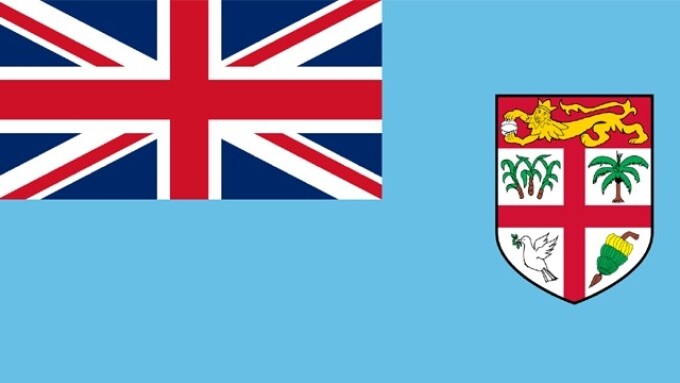SUVA, Fiji — Government officials in the South Pacific nation of Fiji are crafting a plan that would include a ban on the accessibility of “obscene” websites.
Hardcore pornography is seen as “obscene” material under law in Fiji and is illegal. Generally, however, interpretation as to what constitutes “obscene” materials is loosely defined.
Under Fiji law under Section 377, producers of “obscene” material can be sent to prison for up to five years for producing and distributing the material for consumption in print, film or the web.
According to the Fiji Times, the chairman of the National Security and Defense Review Committee, Esala Teleni, said the new strategy would be finalized in the coming weeks.
"Right now, I am looking at an overarching strategy that will address the security issues and concerns to Fiji," Teleni said.
Defense Minister Timoci Natuva said at the moment “children were able to see things that they should not see on the internet.”
"In the security council, we are trying to come up with initiatives, if possible to [block] all [obscene] sites," Defense Minister Timoci Natuva said.
Natuva told the Times that his office was liaising with telecommunications companies on how to do it.
Speaking in Parliament last week, Natuva said attempting to ban obscene sites in the country was difficult because it was a source of information for people who used it.
Fiji is an archipelago of more than 300 islands. Its major islands, Viti Levu and Vanua Levu, contain the lion’s share of the population, nearly 900,000.
Fiji became an independent state in 1970 after gaining its sovereignty from the U.K.








